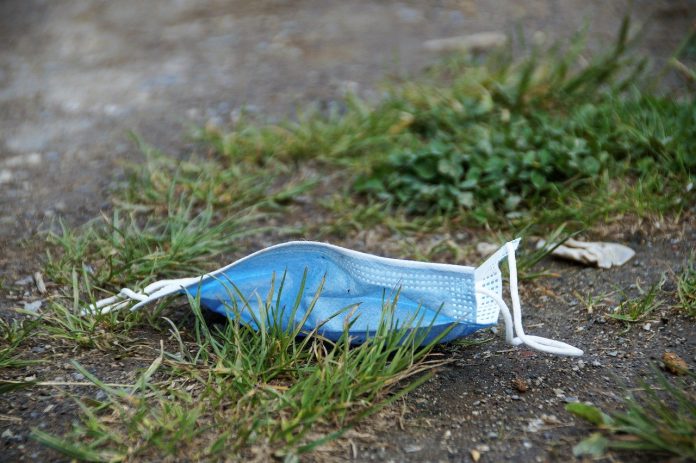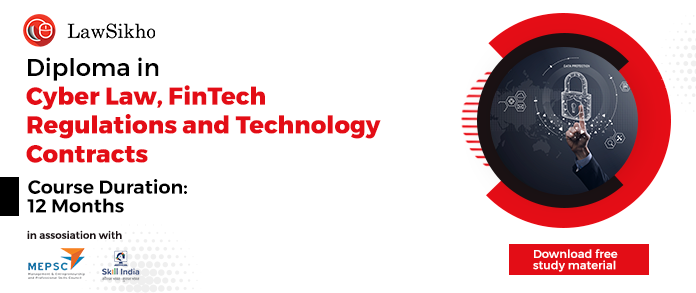This Article is written by Saurav Gupta and Rishabh Agrawal, students of Hidayatullah National Law University.
Table of Contents
Introduction
Today, as we are in the middle of a pandemic, India is one of the countries that has been worst hit by the second wave of the COVID-19. As the cases are rising everyday with the speed of a bull, due to which there has been a high shortage of medical equipment and facilities that help in stimulating a COVID-19 patient. As of now, as per the records, India has forty lakh active cases (40,00,000) and total three lakh three thousand seven hundred and twenty casualties (3,03,720). During these though times all the frontline workers across the country are working day and night, sacrificing their own lives for other people to protect them from this deadly virus. Apart from this India is also struggling from the constraint on vaccines and other paramedical equipment. Apart from this, people with low income are not able to receive the vaccines, medical goods and services because there is a high tax levied on them.
What are goods and services?
“Goods” means every kind of movable property other than money and securities but includes actionable claim, growing crops, grass and things attached to or forming part of the land which are agreed to be served before supply or under a contract of supply.
“Services” means anything other than goods, money and securities but includes activities relating to the use of money or its conversion by cash or by any other mode, from one form, currency or denomination to another form, currency or denomination for which a separate consideration is charged the definition given under Goods and Services Act, 2017, suffices the need to define the above-mentioned terms.
Requests made by the states to the PMO and the GST Council
The Hon’ble Chief Ministers of various states have requested to the PMO and GST Council regarding the exemption of the GST levied on vaccines, oxygen concentrators, cylinders, drugs and other medical facilities and equipment. Moreover, many big corporate houses have also requested on the same issue as well.
Apart from this, many of the donors as well, have asked the State Governments to exempt them from all the taxes levied on them. Since the rate structure falls in the purview of the Central Government, it is requested to exempt the taxes under Section 11 of the GST Act, to contribute towards the effective management of the pandemic.
Initiatives taken by the central government till now
In response to the letter by the Chief Minister of West Bengal dated 10th May 2021, the Union Finance Minister Smt. Nirmala Sitaraman reverted that from the 3rd of May 2021, a list of essential items has been granted relief from the IGST and an exemption on the customs duty and cess were already given earlier. She also said that full exemptions have been given to all covid relief material imported from the Red Cross Society and the life-saving injections such as Remdesivir, Remdesivir API and all the chemicals required for the manufacture of drugs have been given all the said exemptions. Moreover, the medical oxygen concentrators and storage equipment, ventilators, covid testing kits and covid medicines have also been exempted. The exemption holds good to all the entities donating essentials in the country based on a certificate issued by the State Government.
All the essential items stated above are subject to the waiver off levied taxes for the sole purpose of importing them from outside the territory of India.
Why GST cannot be waived off from the final goods and the issue of input tax credit?
The manufacturers have already paid GST to procure raw materials from different sources to convert them into final medical goods. If the government asks them to waive off the GST from it, the manufacturers would hesitate to do so because of obvious reasons, as the manufacturers have already paid GST on the raw materials at the very first instance. If an attempt is made to waive off the tax from it, the manufacturers would suffer loss as they would not get the Input Tax Credit (ITC). ITC is not paid on the goods exempted which would lead to break the chain of ITC. Simultaneously, the cost of ITC would be added in the cost of production, which would lead to increase the price of goods itself and the burden on consumers.
Thus, it is not a viable option to waive of GST from the final goods only.
Section 11 of the GST Act
Section 11(2): Where the Government is satisfied that it is necessary in the public interest to do so, it may, on the recommendations of the Council, exempt from payment of tax any goods or services or both on which tax is leviable by special order in each case, under circumstances of an exceptional nature to be stated in such order.
A constitutional stem for procuring goods and services
As a fundamental right provided by our Constitution, every person has a “Right to life”, which also includes protection of life and personal liberty. In these testing times every life is an important one, it is the duty of the state that no one Fundamental right which is Article 21 should be violated at any cost. Apart from this, judiciary is the sole custodian of protecting the fundamental rights of every individual. In a case, it was held that failure on the part of government hospitals to provide timely medical treatment to a person in need of such treatment has been declared a violation of his rights under Article 21.[1]
The mere context of the case is that human life is the most pernicious one, and it’s something more than animal existence.
In another case of Consumer Education and Research Centre vs. Union of India, it was held that the “right to health and medical care “is a fundamental right under Article 21 as it is essential for making the life of the workmen meaningful and purposeful with dignity of person. [2]
In pursuance on the same context, Supreme Court delivered a judgment in the case of Vincent Parikurlangara v UOI, the supreme court held that the right to maintenance and improvement of public health is included in the right to live with human dignity enshrined in Article 21. A healthy body is the very foundation of all human activities. In a welfare state this is the obligation of the state to ensure the creation and sustaining of conditions congenial to good health.[3]
The Judiciary has always attempted to protect the rights of the citizens, irrespective of the fact that whatever the situation is. The Supreme Court and the High Court are keeping a regular check on the working of the government and asking them to do everything possible to fight the pandemic.
What can be done?
As per the reports, India has a standing Gross Domestic Product (GDP) in Q1 FY 21 at -24.4%[4] whereas, India has a rate of Rs. 2,100 as per capita income[5] which is a prima facie fact that majority of the population is below poverty line and cannot afford the medical goods and services. However, the Government of India has also shown a generic gesture in providing policies, aid and many other programs with respect to the above. The intention to provide the statistics is that India is still a developing nation and most of the people are not in a position to bear the expensive medical expenses, which is why exemption of GST from medical goods and services becomes a need of the hour.
The problem of exempting GST levied on goods and services is stated supra, that if GST is waived off from the final goods and services that would lead to another burden on consumers only. The basic solution to this is that Government should attempt to waive off GST completely or to reduce the percentage GST on the raw materials itself. This attempt would help to exempt GST on the medical goods, which would lead to benefit the consumers. According to many experts, the decision of the GST council to not waive off the taxes completely is much appreciated but the Council can very much reduce the rates of GST on the vaccines, thereby reducing the GST from 5% to any lesser rate.
This step is a producer-friendly one. By this the producer would not face any loss and would be encouraged to sell his product without any hesitation in the market as well.
Conclusion
The COVID-19 pandemic has caused a huge disruption on the business entities, adding onto that, the extra burden on the consumers by the tax levied on goods and services. A plea is also pending in the Hon’ble Supreme Court to exempt the taxes levied on goods and services.
Moreover, the step of exempting taxes completely on goods and services would create a drastic impact as de facto consumers would get affected on positively. Also, the low-income groups will be the real beneficiaries in this case and the private hospitals and nursing homes will also buy the vaccines which would fasten the vaccination drive in the country.
References
[1] Paschim Banga Khet Mazdoor Samity v. State of W.B., (1996) 4 SCC 37: AIR 1996 SC 2426.
[2] 1987 AIR 990, 1987 SCR (2) 468.
[3] (1987) 2 SCC 165.
[4] COVID impact worse than estimated; Q1 GDP revised to -24.4% from -23.9%, BUSSINESS TODAY (May 26, 2021, 16:29 PM), https://www.businesstoday.in/current/economy-politics/covid-impact-worse-than-estimated-q1-gdp-revised-to–244-from–239/story/432477.html.
[5] THE WORLD BANK, https://data.worldbank.org/indicator/NY.GDP.PCAP.CD?locations=IN.
LawSikho has created a telegram group for exchanging legal knowledge, referrals and various opportunities. You can click on this link and join:
 Serato DJ Crack 2025Serato DJ PRO Crack
Serato DJ Crack 2025Serato DJ PRO Crack











 Allow notifications
Allow notifications


